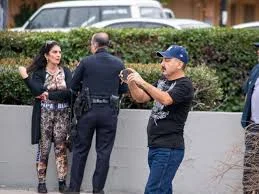
When you’re injured due to someone else's negligence, proving what actually happened becomes key to winning a personal injury case. While documents and photos tell part of the story, sometimes it's the people who saw it all unfold — the eyewitnesses — who bring the most clarity.
Eyewitness testimonies can tip the scale in your favor when things are unclear. In this article, we’ll explore how witness statements help, what makes a good witness, and how you can use them to support your personal injury claim.
Why Eyewitnesses MatterImagine being injured in a car accident where both drivers blame each other. You say the other driver ran a red light, and they say you did. It's your word against theirs.
Now imagine a pedestrian who was walking nearby and saw the whole thing. They tell the police that the other driver clearly ran the red light. That testimony can suddenly change everything.
Eyewitnesses add credibility to your story. Their version of the event, especially when they have no connection to you, is often viewed as neutral and reliable. It gives the court or insurance adjuster more to go on than just two people pointing fingers.
What Makes a Strong Eyewitness?Not all eyewitnesses are equal. Some are more helpful than others depending on what they saw, how well they remember it, and how clearly they can explain it. A good eyewitness generally has:
- A clear view of the incident - No personal connection to either party - Strong attention to detail - A calm and consistent recollection of events - No signs of bias or conflicting interests
For example, a passenger in your car might help, but their testimony can be seen as biased. Meanwhile, a stranger walking by who describes the incident in detail is often more persuasive.
Eyewitness testimony can help in almost any type of personal injury case. Here are a few examples:
- Car accidents: Who ran the red light? Who was speeding? - Slip and falls: Did someone warn about the wet floor? - Dog bites: Did the dog seem aggressive or was the owner careless? - Construction accidents: Were safety rules followed or ignored? - Bicycle or pedestrian accidents: Did the driver yield properly?
In all these cases, witnesses can support your version of what happened.
A helpful witness statement includes:
- Their full name and contact information - The date, time, and location of the incident - What they saw (and heard, if relevant) - Any actions they saw you or the other party take - What happened right before and after the incident
The more detail a witness includes, the more useful their statement becomes in proving your claim.
How to Find and Talk to EyewitnessesIf you’re physically able to after an accident, try to look around and identify anyone who may have seen what happened. This could be:
- Pedestrians nearby - Passengers in other vehicles - Store employees or shoppers (in slip-and-fall cases) - Residents or neighbors (in dog bite cases)
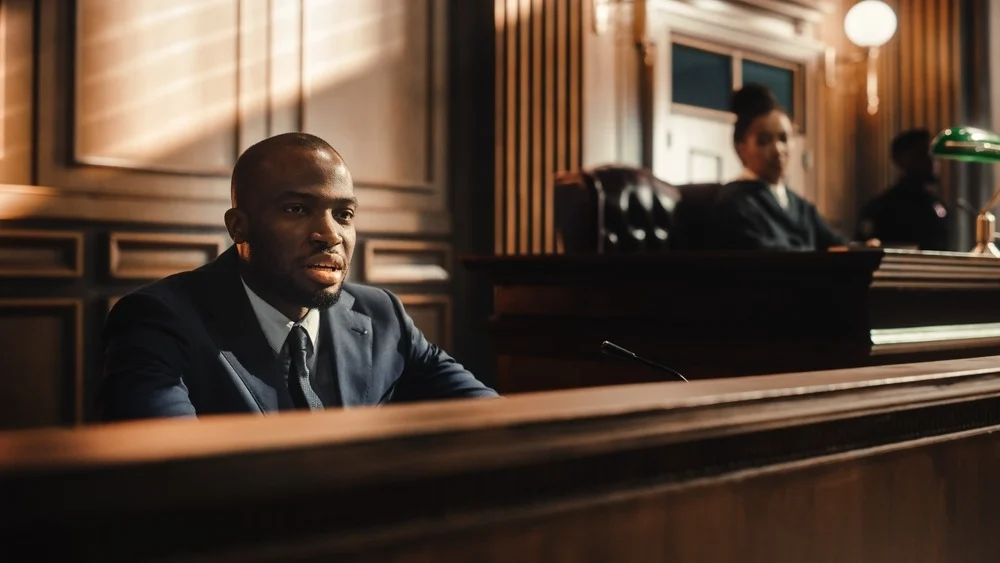
Politely ask them if they saw what happened and whether they’re willing to give a statement. If they agree, get their name, phone number, and email. You or your attorney can contact them later for a written or recorded statement.
Don't push or pressure someone who isn’t comfortable. Their statement will only be useful if they give it freely and honestly.
What If You Missed Witnesses at the Scene?It’s common to be too shaken up after an accident to find witnesses. If you didn’t collect contact info, don’t worry — there are still ways to locate witnesses later:
- Ask police officers if they spoke with anyone (check the police report) - Return to the scene and speak to people in nearby homes or businesses - Request surveillance footage that may have captured bystanders - Post a public notice online or near the accident scene
Your attorney can also help by sending investigators to locate witnesses and gather statements.
How Lawyers Use Eyewitness TestimoniesPersonal injury lawyers know the power of a strong eyewitness. Once they collect statements, they might:
- Use them to support insurance claims - Add them to a lawsuit as part of your evidence - Have the witness testify in court if necessary - Prepare the witness to avoid being tripped up by opposing lawyers
Even if a witness is not physically present in court, their signed statement can be very persuasive.
When Eyewitnesses Can Hurt Your CaseNot all witnesses help. In fact, some can damage your claim if their account contradicts your story. For example:
- A witness says you were texting before the crash - A shopper says you ran past a warning sign before slipping - A neighbor claims your dog provoked the other animal
This is why attorneys carefully screen all witnesses. If a witness is unhelpful or unreliable, they may decide not to use their statement.
Witness Testimony vs. Video EvidenceIn today’s world, cameras are everywhere. Video footage is often considered stronger than testimony because it’s visual and unbiased. But not all accidents are caught on video.
That’s where eyewitnesses still play a critical role. In fact, even when video exists, witnesses can provide context — like what happened just before the footage began.
Together, video and witness statements create a more complete picture.
Should You Give a Witness Statement for Someone Else?If you saw an accident and want to help, giving a truthful and clear statement can be very helpful to the injured party. Just be sure you:
- Only describe what you actually saw or heard - Avoid guessing or exaggerating - Stay neutral — stick to the facts
Your honesty could help someone receive compensation they deserve for medical bills, lost wages, or pain and suffering.
Can Eyewitnesses Testify in Court?Yes. If your case goes to trial, a witness can be called to testify. The court values live testimony because jurors can observe the witness's tone, body language, and confidence.
Your lawyer will prepare the witness to make sure their testimony is clear and matches their earlier statements.
Witnesses aren’t always required to testify, especially if a settlement is reached beforehand. But having the option gives your case more weight.
How Long Are Witness Statements Useful?Eyewitness memories fade over time, especially if they weren’t directly involved. That’s why it’s important to get statements as soon as possible — ideally within days of the incident.
The sooner you collect these accounts, the more reliable and detailed they’ll be.
If you wait too long, witnesses may forget important details or be harder to contact. That’s one more reason to speak with a lawyer early.
Final ThoughtsEyewitnesses can be your secret weapon in a personal injury claim. They help build your case with real-world perspectives and unbiased support.
Their statements can validate your version of events, show who was at fault, and help you get the compensation you deserve.
So, whether you’re involved in a car crash, a slip and fall, or another type of accident — don’t overlook the power of witnesses. Talk to them, document their info, and share it with your lawyer.
A few honest words from the right person at the right time can make all the difference.
Subscribe to our newsletter and never miss an update.
Get the latest posts delivered straight to your inbox.

Senior Contributor
Kusum Singh is passionate about impactful storytelling. With a unique voice and deep insights, they turn everyday stories into compelling reads that resonate and inform.
Read Full Bio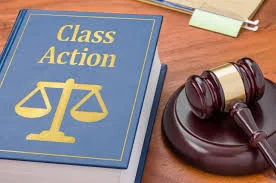
By Ravi Raj
20 Dec 2025

By Ravi Raj
26 Dec 2025
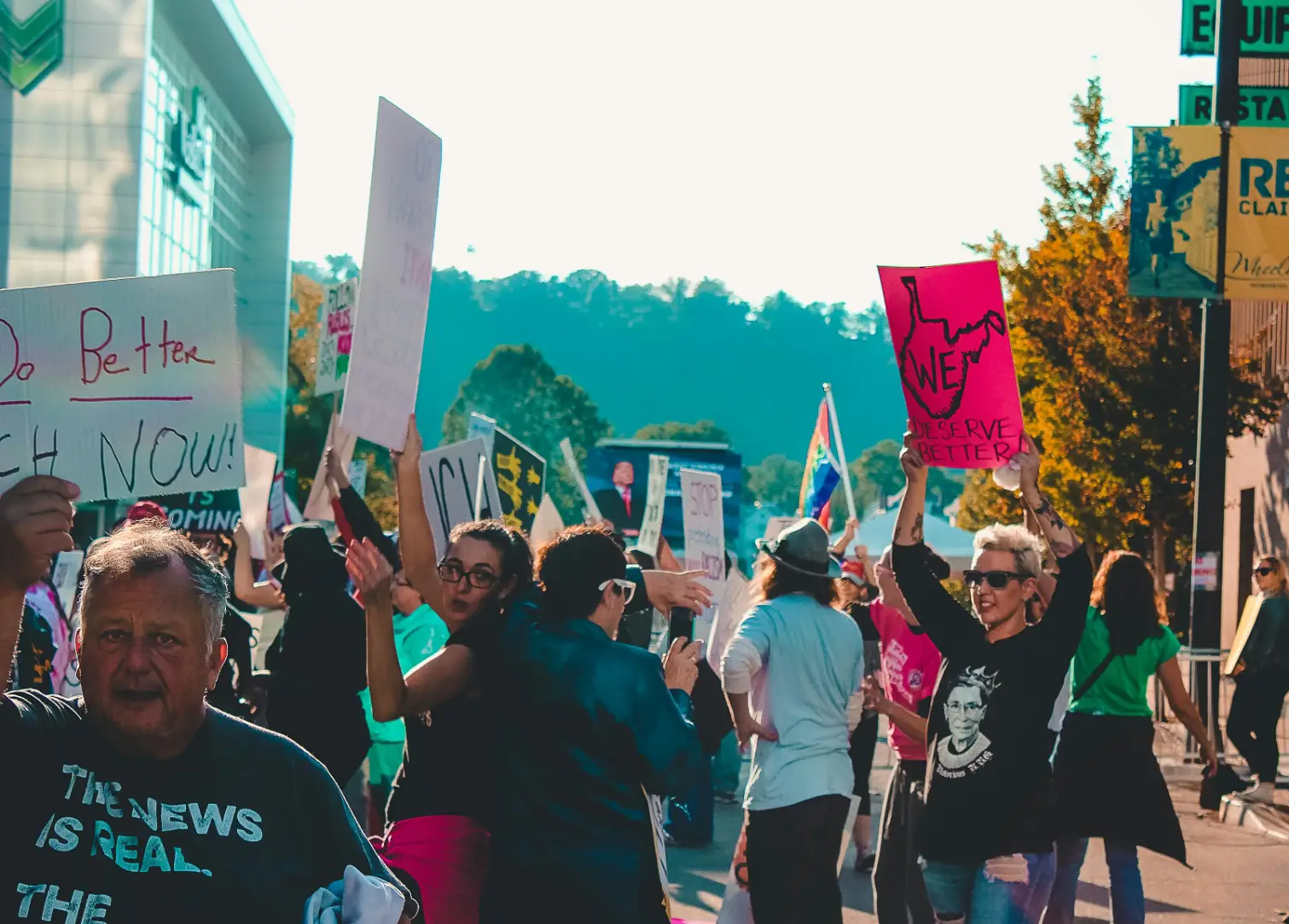
By Ravi Raj
02 Jan 2026
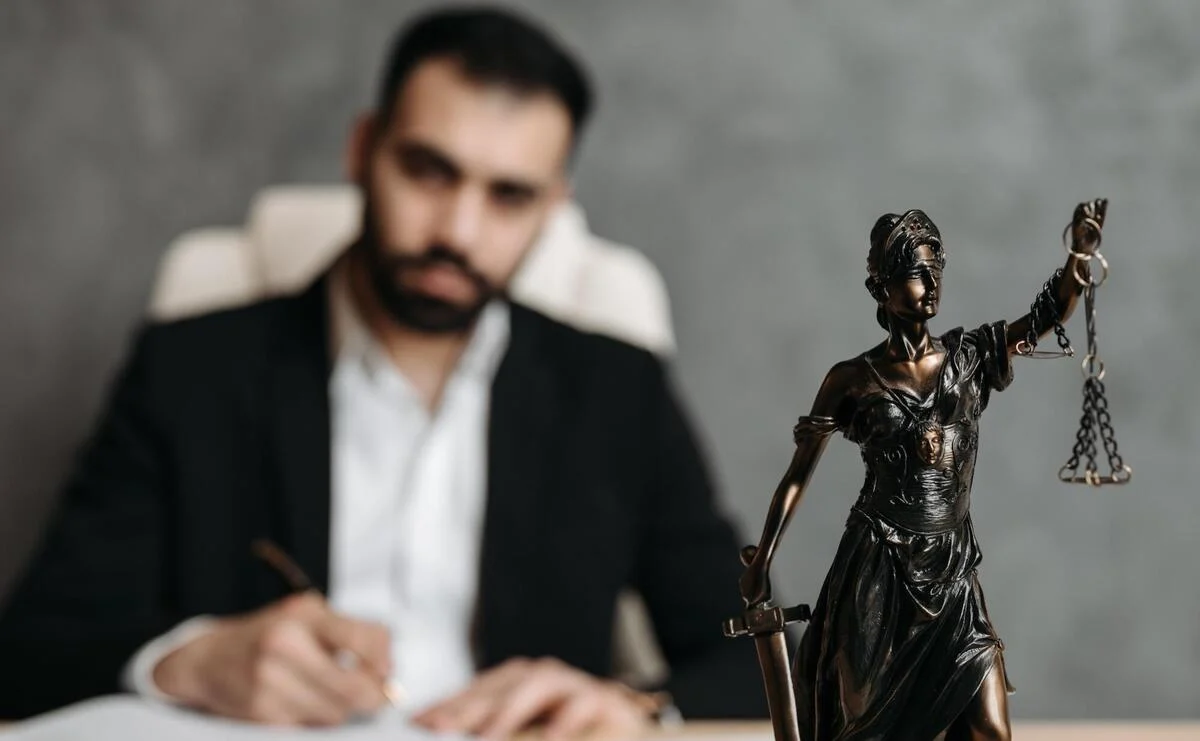
By Ravi Raj
27 Dec 2025
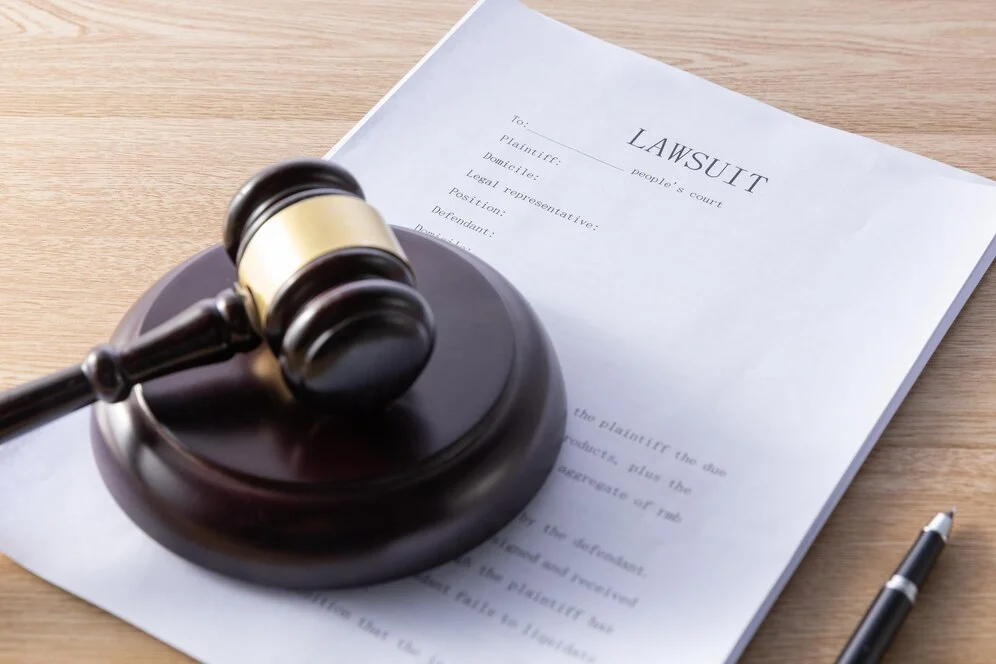
By Ravi Raj
22 Dec 2025
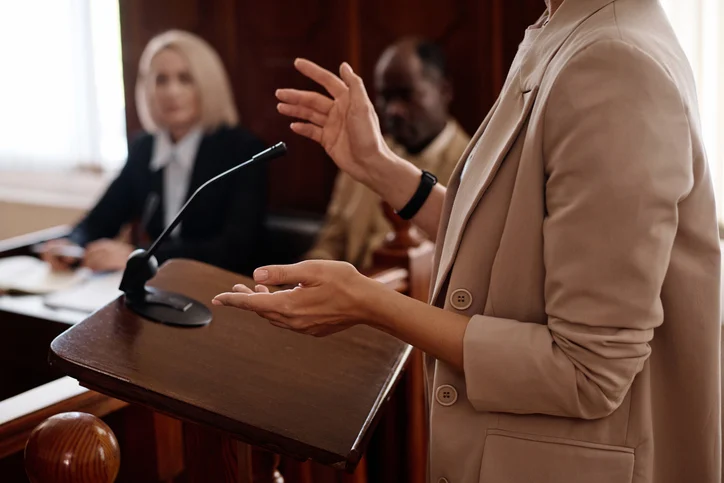
By Kusum Singh
27 Dec 2025
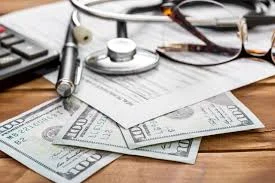
By Kusum Singh
23 Dec 2025
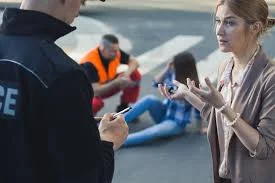
By Ravi Raj
30 Dec 2025
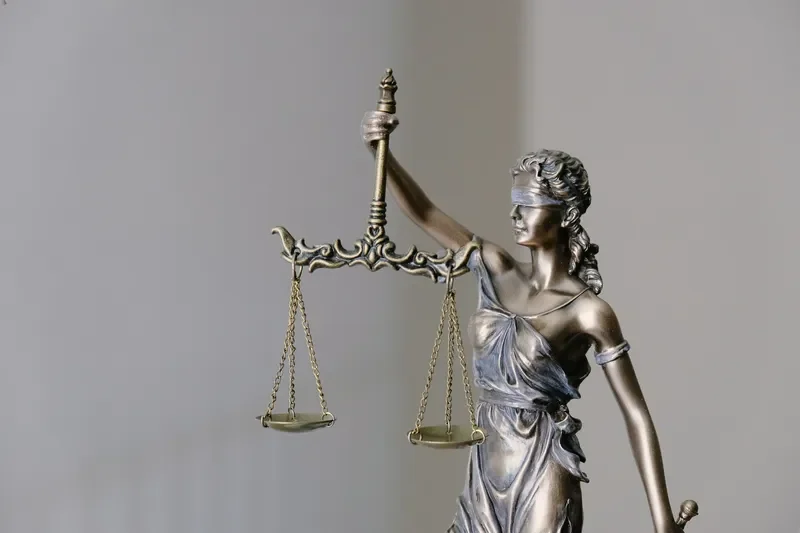
By Ravi Raj
22 Dec 2025
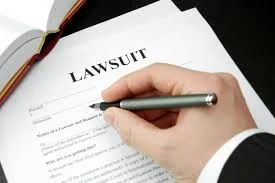
By Ravi Raj
02 Jan 2026
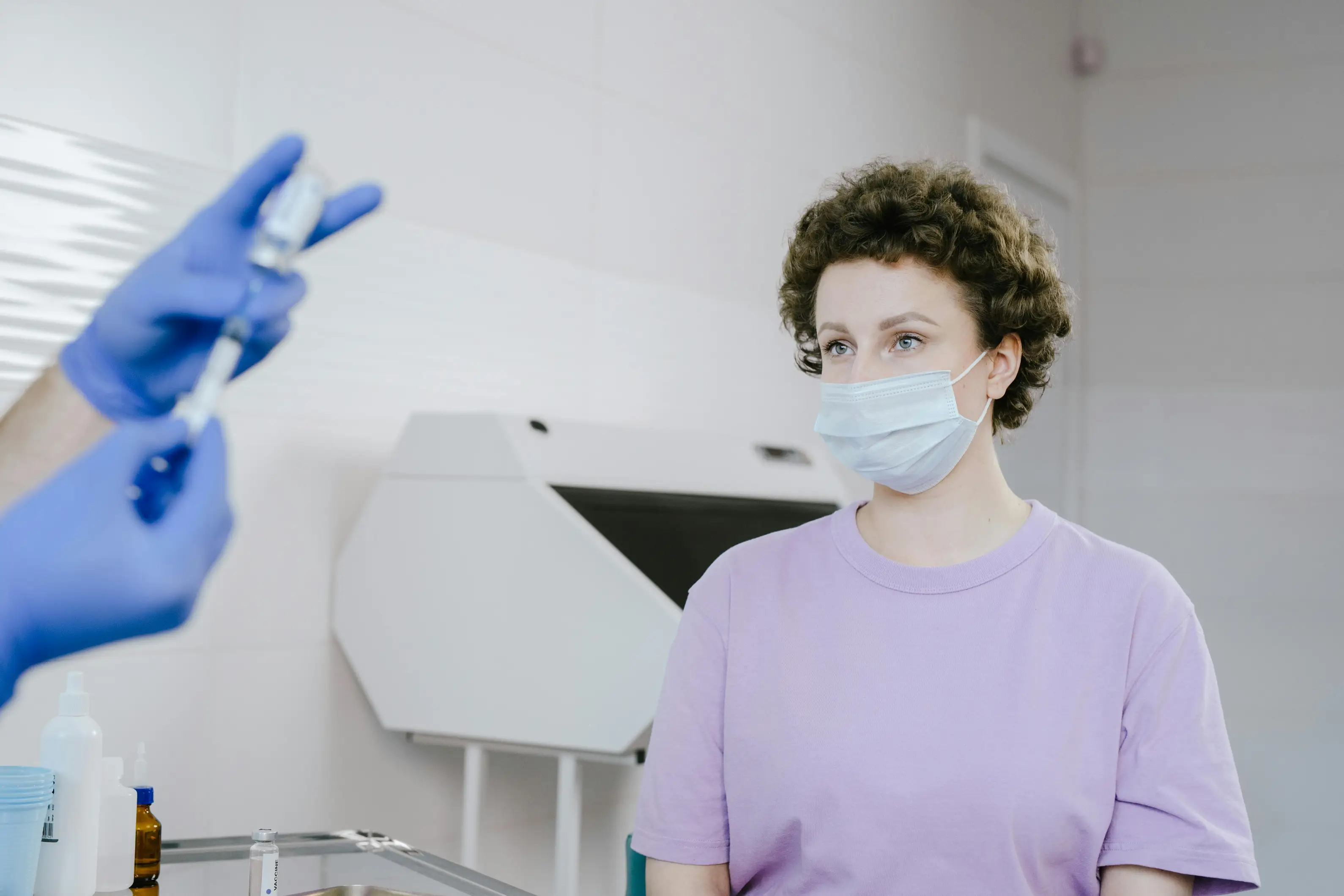
By Ravi Raj
02 Jan 2026
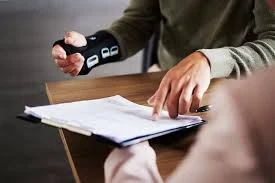
By Ravi Raj
28 Dec 2025